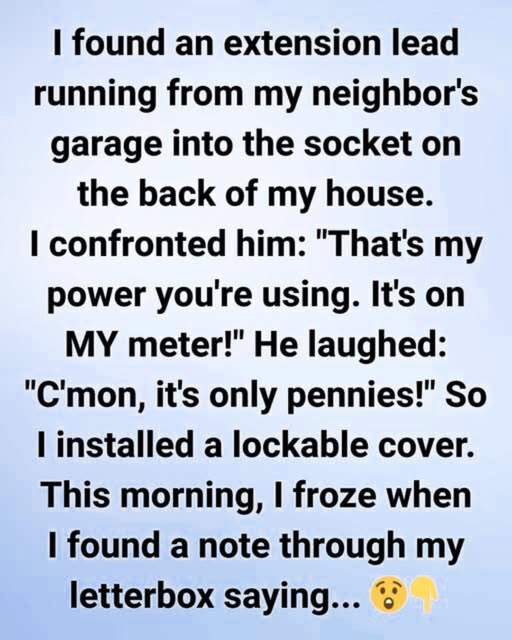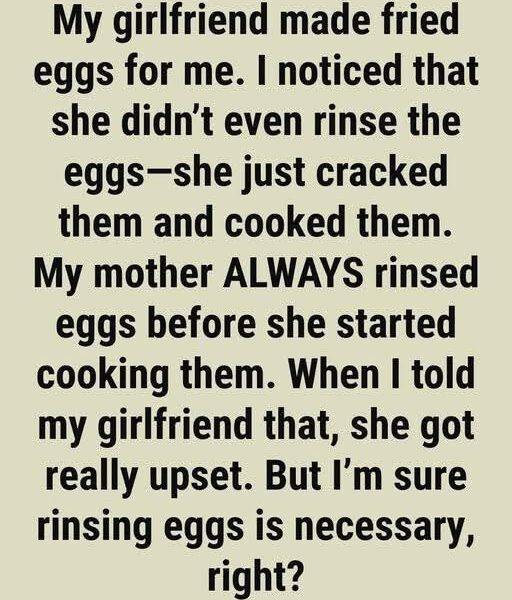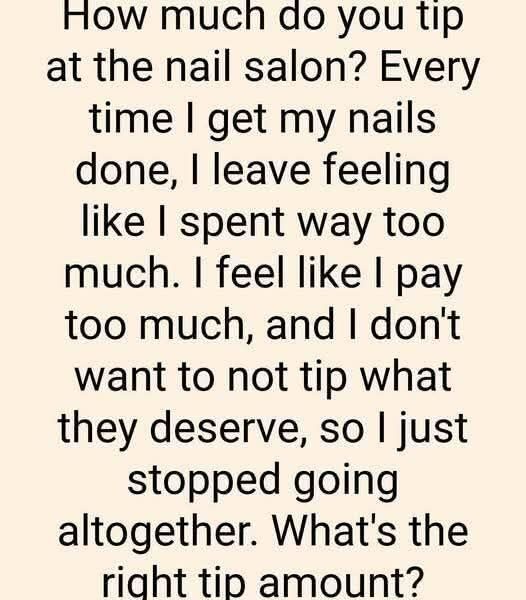Last week, I stepped into my backyard expecting nothing more than a breath of fresh air. Instead, something strange jumped out at me right away—an orange extension cord stretched across the lawn like a bright line drawn between two houses. It ran from my neighbor’s garage straight into the outlet on the back of my house.
For a moment, I just stared at it, trying to give him the benefit of the doubt. Maybe he needed quick access to power for a few minutes. Maybe he thought the outlet wasn’t in use. Maybe someone else plugged it in by mistake. But as I followed the cord more closely, it became obvious this wasn’t an accident. It was intentionally set up, neatly tucked against the siding, connected firmly to my outlet.
We’d always had a relaxed, friendly neighborly dynamic, so the discovery felt more puzzling than infuriating. Still, the longer I stood there, the more it nagged at me. Not because of the electricity he was using, but because it was done silently, without even a quick knock on the door.
Later that afternoon, I walked over and mentioned it gently. “Hey, I think you plugged into my outlet by mistake,” I said, keeping my tone light. “That one runs through my meter.”
He gave a casual laugh and waved his hand as if brushing away a fly. “Oh, it’s just a tiny bit of power,” he said. “Barely anything.”
His response wasn’t hostile, but it dismissed the real issue. The cost wasn’t the point. Respect was. Still, I didn’t push back. I didn’t want to turn a simple misunderstanding into a battle between houses. Instead, I took the practical route and installed a small lockable cover on the outdoor outlet. It wasn’t meant as a punishment—just a quiet way to set a boundary without fueling unnecessary drama.
The next morning, an envelope sat in my mailbox, folded neatly as if placed there with care. I felt a flicker of unease while opening it, wondering if I’d triggered resentment. But inside was a sincere handwritten apology.
He admitted he hadn’t thought it through, said he felt embarrassed, and apologized for overstepping. He wrote that he hoped there were no hard feelings and that he valued being on good terms.
The honesty caught me off guard. It softened everything immediately. In one simple note, he acknowledged the mistake without excuses, and that made all the difference.
That afternoon, I walked over to his house to thank him for taking the time to write. What began as a short conversation stretched into something more meaningful. We ended up standing in his driveway talking about how easy it is for small misunderstandings to spiral when people assume instead of communicate.
He told me he’d been rushing through some home repairs and grabbed the nearest outlet without pausing to consider how it might look or feel from my side. I admitted I hadn’t wanted to seem confrontational. We laughed about how a simple orange extension cord managed to turn two reasonable adults into awkward neighbors tiptoeing around each other.
By the end of the conversation, the tension was gone. In fact, our understanding of each other was better than before the whole situation started.
And that’s the part that stuck with me.
The cord incident wasn’t really about electricity. It wasn’t about money or property or rules. It was about how quickly quiet assumptions can build a wall between people who otherwise get along. It was about how a simple conversation can dismantle that wall just as quickly.
It reminded me that boundaries don’t have to be loud to be respected. Apologies don’t have to be long to be meaningful. And goodwill grows fastest in the small, ordinary moments—the ones that seem insignificant but end up defining how we live side by side.
What started as a confusing surprise in the backyard turned into an unexpected lesson: almost every conflict has a simple solution hiding inside it, if someone’s willing to speak honestly and someone else is willing to listen.


